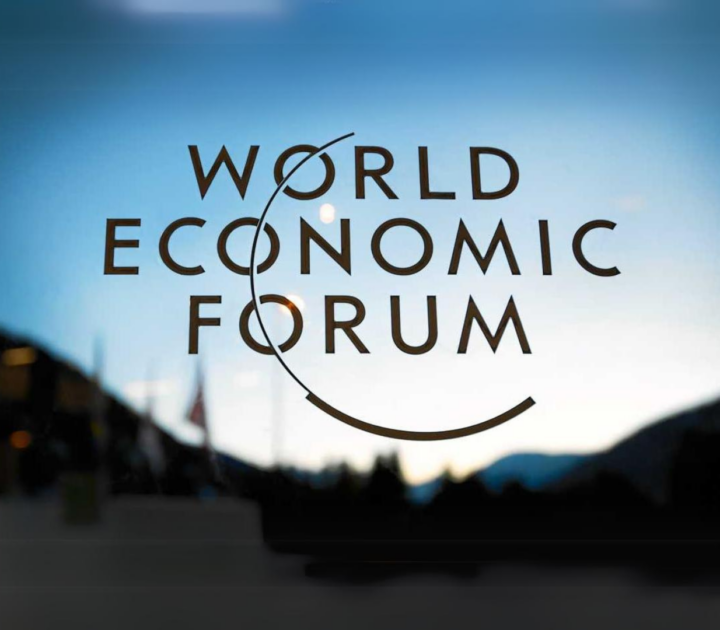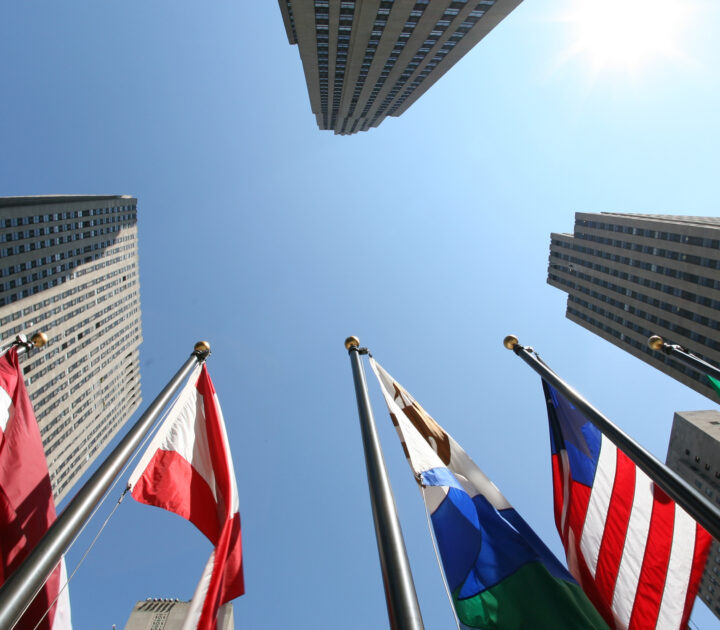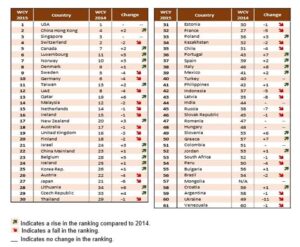
IMD RELEASES ITS 2015 WORLD COMPETITIVENESS RANKING
LAUSANNE, SWITZERLAND (May 27, 2015): IMD, a top-ranked global business school in Switzerland and Singapore, today announced its annual world competitiveness ranking. As part of its ranking of 61 economies for 2015, the IMD World Competitiveness Center looks at several aspects of each country as a place to conduct business.
“A general analysis of the 2015 ranking shows that top countries are going back to the basics,” said Professor Arturo Bris, Director of the IMD World Competitiveness Center. “Productivity and efficiency are in the driver’s seat of the competitiveness wagon. Companies in those countries are increasing their efforts to minimize their environmental impact and provide a strong organizational structure for workforces to thrive.”
Highlights of the 2015 ranking
The USA remains at the top of the ranking as a result of its strong business efficiency and financial sector, its innovation drive and the effectiveness of its infrastructure. Hong Kong (2) and Singapore (3) move up overtaking Switzerland, which drops to fourth place. Canada (5), Norway (7), Denmark (8), Sweden (9) and Germany (10) remain in the top 10. Luxembourg moves to the top (6) from 11th place in 2014.
Results for Asia are mixed. Malaysia (12 to 14), Japan (21 to 27), Thailand (29 to 30) and Indonesia (37 to 42) move down. Taiwan (13 to 11), Republic of Korea (26 to 25) and the Philippines (42 to 41) slightly rise in the ranking. Most Asian economies in decline have seen a drop in their domestic economies and are impacted by weakening/aging infrastructure.
Eastern Europe experiences a mixture of results as well. Poland (36 to 33), the Czech Republic (33 to 29) and Slovenia (55 to 49) move up in the ranking. In the Baltic States, Estonia (30 to 31) and Latvia (35 to 43) rank lower than last year; although, Lithuania gains in the ranking (34 to 28). Elsewhere in the region, current events in Russia (38 to 45) and Ukraine (49 to 60) highlight the negative impact that armed conflict and the accompanying higher market volatility have on competitiveness in an increasingly interconnected international economy.
A pattern of decline is observed in Latin America. Chile moves from 31 to 35, Peru from 50 to 54, Argentina from 58 to 59 and Venezuela remains at the bottom of the table. Colombia stays at 51.
Among large emerging economies, Brazil (54 to 56) and South Africa (52 to 53) slightly drop, China (23 to 22) and Mexico (41 to 39) experience improvements while India remains at the same spot (44). This trend shows the difficulty in grouping emerging markets in one category, as the issues impacting their competitiveness differ. China’s slight increase stems from improvements in education and public expenditure, whereas Brazil suffers from a drop in domestic economy and less optimistic executive opinions.
A question of business efficiency
The ranking highlights one particular commonality among the best ranking countries. Nine countries from the top 10 are also listed in the top 10 of the business efficiency factor.
Business efficiency focuses on the extent to which the national environment encourages enterprises to perform in an innovative, profitable and responsible manner. It is assessed through indicators related to productivity such as the labor market, finance, management practices and the attitudes and values that characterize the business environment.
Long-term business profitability and productivity are difficult to achieve because they are largely underpinned by the strategic efforts of companies striving to maximize positive externalities that originate in economic activities.
Impact of business efficiency
Luxembourg experiences one of the largest gains in this factor (14 to 4) which greatly contributes to its ascendency in the ranking. Qatar’s improvement (19 to 13) in the ranking largely reflects its recovering in terms of the business efficiency factor (24 to 11) due to increases in its overall productivity. Greece’s recovery (57 to 50) also comes on a strong performance in business efficiency in which it increases from 54 to 43. The UAE’s drop (8 to 12) in the ranking is partly the result of lower scores (15 to 18) in the business factor. Similarly, Germany’s retreat (6 to 10) is a reflection of its fall in business efficiency (9 to 16). Likewise Indonesia’s decline in the ranking is accompanied by a steep drop in the business efficiency factor (22 to 34).
Research Information & Knowledge Hub for additional information on IMD publications
IMD World Competitiveness Center Report, 8 April 2024
in VoxEU 12 March 2024

in I by IMD 6 February 2024

in I by IMD 6 February 2024


in I by IMD 19 January 2024


in I by IMD 16 January 2024

in I by IMD 9 January 2024

IMD World Competitiveness Center Report, 8 April 2024
Research Information & Knowledge Hub for additional information on IMD publications
in VoxEU 12 March 2024
Research Information & Knowledge Hub for additional information on IMD publications
Research Information & Knowledge Hub for additional information on IMD publications
in I by IMD 6 February 2024
Research Information & Knowledge Hub for additional information on IMD publications
in I by IMD 6 February 2024
Research Information & Knowledge Hub for additional information on IMD publications
Research Information & Knowledge Hub for additional information on IMD publications
in I by IMD 19 January 2024
Research Information & Knowledge Hub for additional information on IMD publications
Research Information & Knowledge Hub for additional information on IMD publications
in I by IMD 16 January 2024
Research Information & Knowledge Hub for additional information on IMD publications
in I by IMD 9 January 2024
Research Information & Knowledge Hub for additional information on IMD publications
